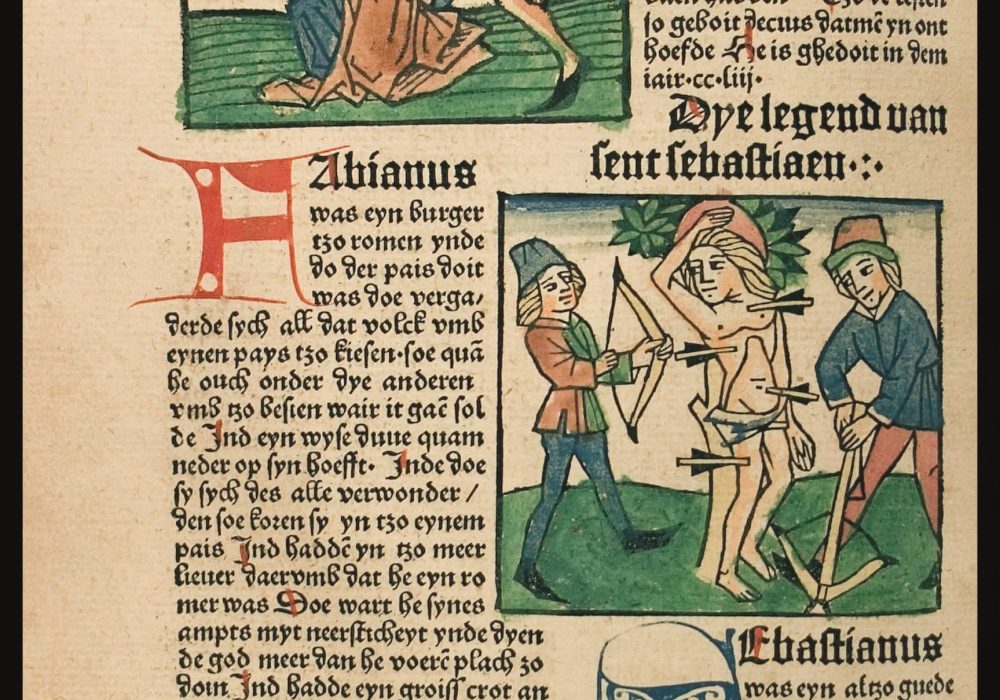5:00 p.m. Mass.
Lecture & reception to follow
Cosponsored by the Bollandist Society, St. Ignatius College Prep. Supported by the Fr. Paul V. Mankowski, S.J., Memorial Fund for Jesuit Scholarship at Lumen Christi.
Free and open to the public. Registration required.
In Reformation Europe, several thousand Christian men and women were executed for their religious beliefs. Brad Gregory told their stories and analyzed the implications in Salvation at Stake, his ground-breaking 1999 book comparing how Catholic, Protestant, and Anabaptist martyrs understood themselves. His book has been acclaimed widely and has shaped how many historians now write about religious belief and practice. In this lecture, Prof. Gregory will reflect on the themes of his research on Christian martyrdom, especially in light of more recent developments that point to why the study of history and martyrdom continue to be relevant today.


